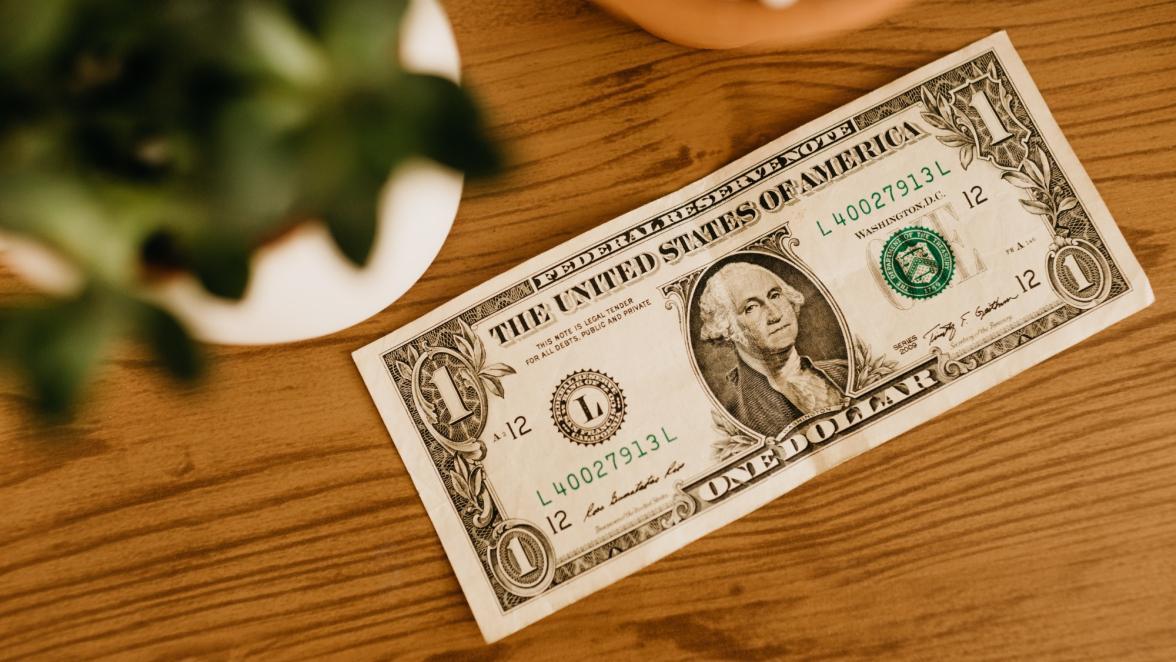By Tim Holland
Three months ago to the day, we published a note that took a look at the recent weakness in the US Dollar (What Ails The US Dollar – January 17, 2023). When we took pen to paper in January, the US Dollar had corrected about 10% from a late 2022 high that also marked a 20+ year high for the Greenback relative to a basket of other currencies. At the time, the weakness in the US Dollar seemed more of a curiosity than anything else and a development that we ascribed to several pretty straightforward and pretty benign economic developments, including the Federal Reserve being closer to the end of its rate hiking cycle than the beginning; ex-US central banks becoming more hawkish and an improvement in fundamentals for key economies around the world, including lower energy prices in Western Europe.
Three months on from that note, the US Dollar remains on the back foot, and its weakness now seems to be much more of a point of concern, with many investors wondering if the closer relationship between Russia and China and Saudi Arabia’s willingness to consider trading in currencies besides the US Dollar means the days of the US Dollar serving as the world’s reserve currency might be coming to an end. While our crystal ball is as blurry as the next one, we don’t think the US Dollar is at risk of losing its status as the world’s reserve currency — even if any number of countries would like to see that happen. Consider that the US Dollar accounts for 60% of foreign exchange reserves of global central banks (the Euro comes in at 20% and the Chinese Yuan at just 3%) and was on one side of 88% of all foreign currency trades last year.
The US has its challenges for sure, but we are still home to the world’s largest and most important economy; the world’s largest and most liquid capital markets and a rules-based economic and political system that ensures capital — both foreign and domestic — will be treated fairly and transparently. And as we did in January, it is important to put the recent weakness of the US Dollar in perspective — again, it remains only about 10% off a multidecade high (see chart). King Dollar may be knocked off its throne someday, but not today, and not, we think, for years to come.
Earnings Season Has Begun
By Rusty Vanneman, CMT, CFA, BFA
Earnings growth is key for long-term stock market investors. We invest in the stock market to participate in the gains of successful businesses and since the economy grows over time, corporate earnings also grow over time. Over time, stock prices track corporate earnings.
That said, earnings season for the 1Q23 has begun. While less than 10% of companies had reported earnings by the end of last week, and while the early reports have exceeded expectations for both revenues and earnings (as they typically do), the blended earnings expectation for the S&P 500 for the first quarter of this year is still -6.5%. If that growth rate holds, it will mark the largest earnings decline reported by the index since Q2 2020 and this could be the second straight quarter for a decline in earnings.
That ending earnings growth rate for the market, however, will most likely get better. According to data provider Factset, the actual earnings growth rate exceeded the estimated earnings growth rate at the end of the quarter in 37 of the past 40 quarters for the S&P 500. During that period, 73% of companies in the S&P 500 reported actual earnings above the estimates by 5.3 percentage points on average.
Notable companies reporting this week include leading companies in the financial (such as Goldman Sachs and Bank of America) sector. It should be noted that some financials (like JPMorgan, Citi, and Wells Fargo) reported earnings numbers late last week that were better than expected. That’s notable given the bank scares earlier this year. Let’s hope that continues.





























